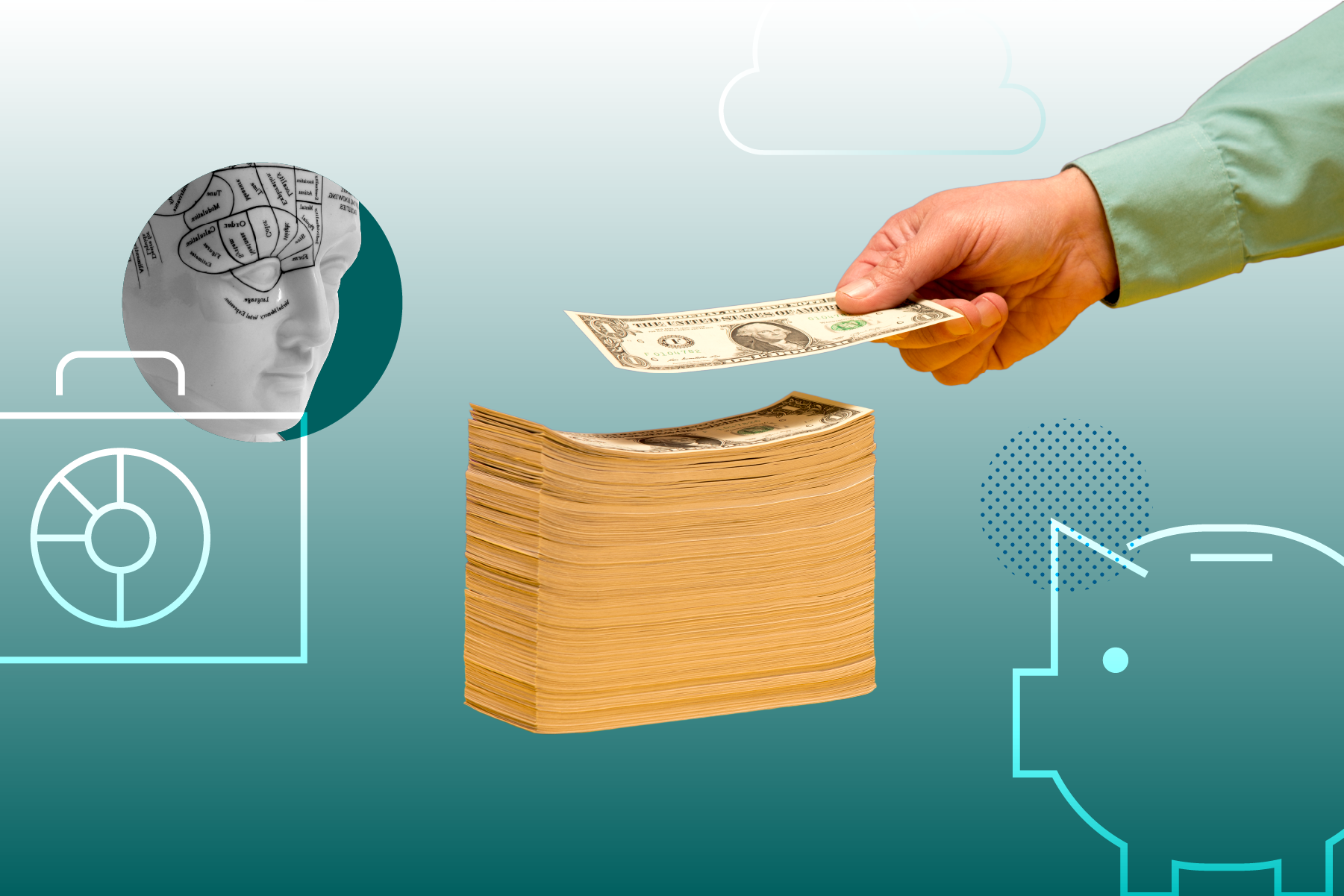Can I Take a Loan From My 401(k)?
Thinking about borrowing from your 401(k) in the future? Consider setting up an emergency fund first.

Life happens, and when it does, it can be expensive. Although borrowing from your 401(k) is an option, we advise setting money aside in an emergency fund. This is your short-term savings “bank” for unexpected expenses, like a pricey medical bill or job loss.
Why You Should Avoid Borrowing From Your 401(k)
Morningstar’s director of personal finance Christine Benz points out the risk that outstanding 401(k) loans can create for your financial plan: If you lose your job, you’ll typically have a very short period of time to pay back the loan.
If you’re facing “immediate and heavy financial need,” you may qualify for a hardship distribution from your 401(k). In this case, the amount is limited to the specific need, such as a rent or mortgage payment to prevent eviction or foreclosure, college tuition, or funeral expenses.
Both Fidelity and Vanguard reported a rise in 401(k) participants taking hardship withdrawals in 2022. Visit the official IRS website to see the qualifications and regulations for this type of distribution.
But if you don’t qualify for a hardship distribution, and need a loan from your 401(k), Benz suggests that you prioritize paying back the loan before you try to do any additional investing.
“The amount that you’ve borrowed from the 401(k) will earn interest that gets paid back into the account (in essence, you’re paying interest to yourself), but you won’t have the opportunity to get those funds invested in long-term assets like stocks until you get them back into the account,” says Benz.
How Do I Create an Emergency Fund?
First things first: Your emergency fund needs to be accessible. Use a savings account so you can easily withdraw the funds when you need them.
How much is enough? You should aim to save three to six months’ worth of living expenses. Keep in mind, this emergency fund is intended to cover necessities like rent and groceries. If you find yourself in a situation where you’re relying on your emergency fund, you will need to make some budget cuts for the time being.
What If My Only Option Is to Borrow From My 401(k)?
Benz reiterates that the “gold standard” for covering unexpected expenses is to use nonretirement assets like an emergency fund. Tapping into your retirement assets should always be a last resort.
But if you must, Benz says the second-best option is a withdrawal of Roth IRA contributions.
“Roth IRA contributions (not investment earnings) can be withdrawn at any time for any reason,” she says.
If that’s also not an option, Benz says, “A 401(k) loan will generally be better than taking a loan with a third party—even a home equity line of credit—in that you’re paying the 401(k) loan interest back to yourself.”
Here are a few 401(k) loan rules you should know:
- The potential penalty. Depending on the circumstances and if you’re not 59 and a half years of age yet, expect an additional 10% tax. Visit the official IRS website to see the full list of what exceptions apply to early distributions.
- The maximum amount. You can borrow 50% of your vested account balance or $50,000, whichever is less.
Will My Employer Know If I Take a 401(k) Loan?
Short answer: Yes.
This loan must be paid back to the borrower’s retirement account. If your employment or plan is terminated, you may be required to pay the full outstanding balance of the loan. Any unpaid amounts become a plan distribution, meaning you’ll have less saved for your retirement.
Still, Benz notes, “Taking a loan later in life might be less harmful to someone’s long-term financial health than would be the case with taking one early on.”
This is because older adults tend to have bigger shares of their portfolios invested in safer assets that yield lower rates of return—so they’re not quite as damaging to miss out on during the period of the loan.
Before you make the decision to take a loan from your 401(k), visit the official website of the IRS for more information.
Read more about this retirement savings vehicle in our special report “Your 401(k) Plan Guide.”
The author or authors do not own shares in any securities mentioned in this article. Find out about Morningstar’s editorial policies.


:quality(80)/cloudfront-us-east-1.images.arcpublishing.com/morningstar/2OLS3MLLBMTIYCEYJOKJ725MWM.png)
:quality(80)/cloudfront-us-east-1.images.arcpublishing.com/morningstar/6KYRUHQDUNB6XHNKQ7VMJXDXQY.jpg)
:quality(80)/cloudfront-us-east-1.images.arcpublishing.com/morningstar/A6OOX7PBSVEJ5BXDFSPKGLO72M.png)